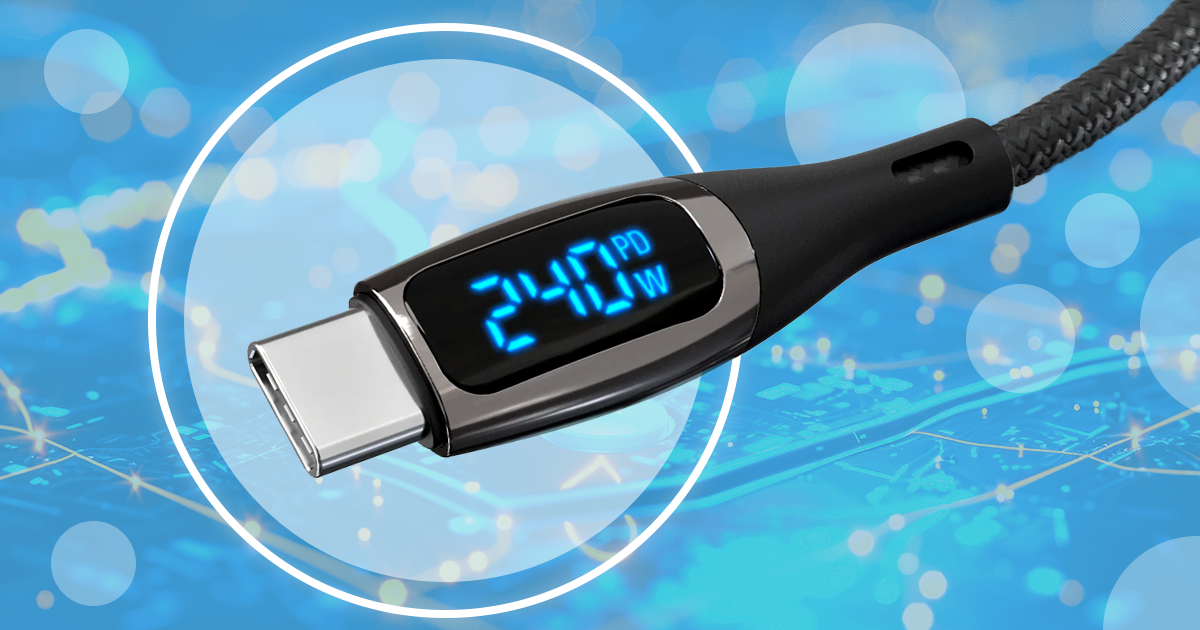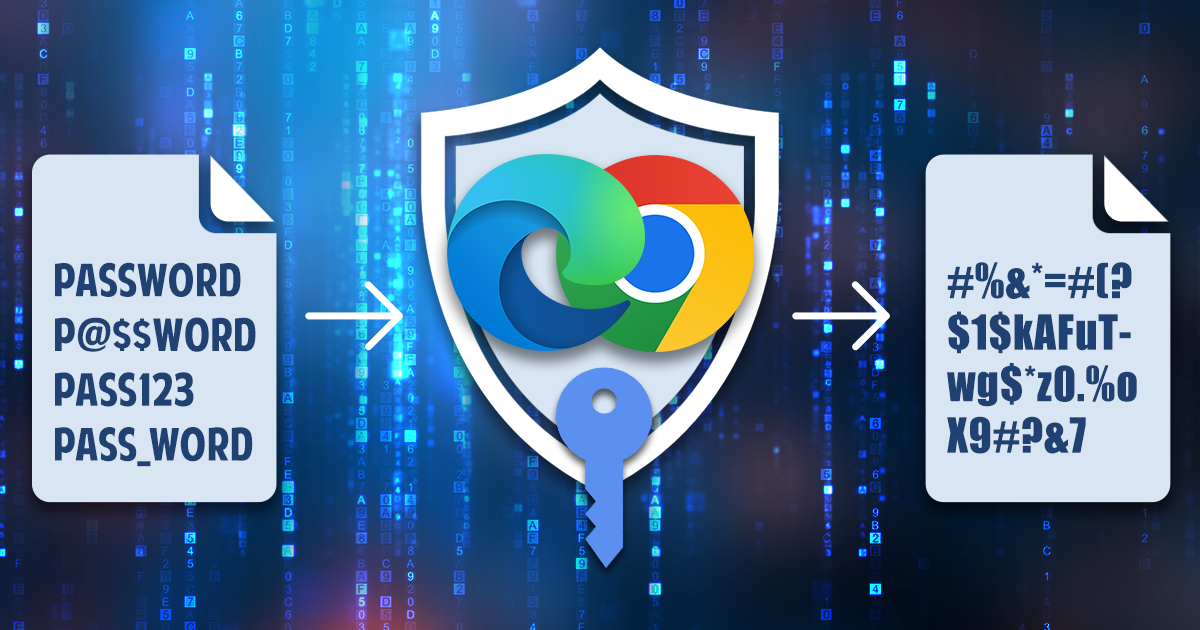The title says it all. In this article we’ll explain the steps required to put the listed Apple TV models into DFU mode. These Apple TV models are based on the A5, A8, and A10X chips that are susceptible to the checkm8 exploit and checkm8-based extraction with iOS Forensic Toolkit 8, and DFU mode is the required initial step of the process.
iOS 16 brings many changes to mobile forensics. Users receive additional tools to control the sharing and protection of their personal information, while forensic experts will face tighter security measures. In this review, we’ll talk about the things in iOS 16 that are likely to affect the forensic workflow.
iOS Forensic Toolkit 8.0 is officially released! Delivering forensically sound checkm8 extraction and a new command-line driven user experience, the new release becomes the most sophisticated mobile forensic tool we’ve released to date.
DFU (Device Firmware Update) is a special service mode available in many Apple devices for recovering corrupted devices by uploading a clean copy of the firmware. Forensic specialists use DFU during checkm8 extractions (Elcomsoft iOS Forensic Toolkit). Unlike Recovery, which serves a similar purpose, DFU operates on a lower level and is undocumented. Surprisingly, there might be more than one DFU mode, one being more reliable than the others when it comes to forensic extractions. The method described in this article works for the iPhone 8, 8 Plus and iPhone X.
Elcomsoft iOS Forensic Toolkit supports checkm8 extraction from all compatible devices ranging from the iPhone 4s and all the way through the iPhone X (as well as the corresponding iPad, iPod Touch, Apple Watch and Apple TV models). The new update removes an important obstacle to the acquisition of the iPhone 7 and iPhone 7 Plus devices running recent versions of iOS.
We often write about full file system acquisition, yet we rarely explain what it is, when you can do it, and which methods you can use. We decided to clarify low-level extraction of Apple mobile devices (iPhones and iPads, and some other IoT devices such as Apple TVs and Apple Watches).
The ninth beta of iOS Forensic Toolkit 8.0 for Mac introduces forensically sound, checkm8-based extraction of sixteen iPad, iPod Touch and Apple TV models. The low-level extraction solution is now available for all iPad and all iPod Touch models susceptible to the checkm8 exploit.
iOS Forensic Toolkit 7.40 brings gapless low-level extraction support for several iOS versions up to and including iOS 15.1 (15.1.1 on some devices), adding compatibility with previously unsupported versions of iOS 14.
The seventh beta of iOS Forensic Toolkit 8.0 for Mac introduces passcode unlock and forensically sound checkm8 extraction of iPhone 4s, iPad 2 and 3. The new solution employs a Raspberry Pi Pico board to apply the exploit. Learn how to configure and use the Pico microcontroller for extracting an iPhone 4s!
While we continue working on the major update to iOS Forensic Toolkit with forensically sound checkm8 extraction, we keep updating the current release branch. iOS Forensic Toolkit 7.30 brings low-level file system extraction support for iOS 15.1, expanding the ability to perform full file system extraction on iOS devices ranging from the iPhone 8 through iPhone 13 Pro Max.


